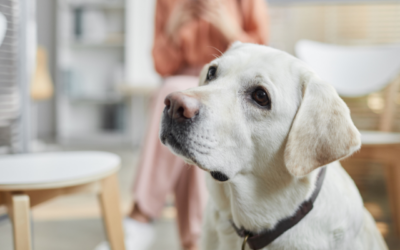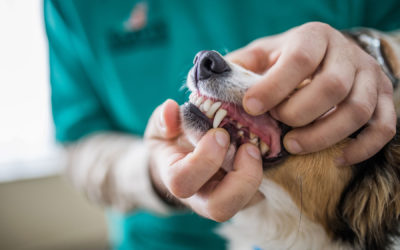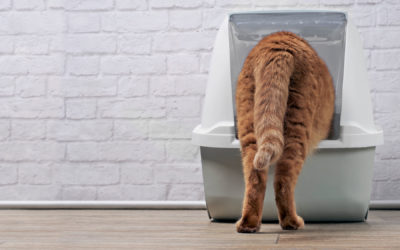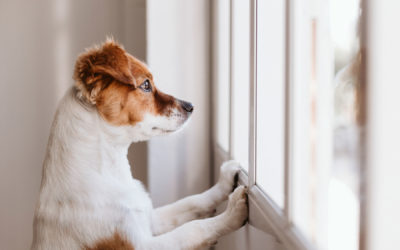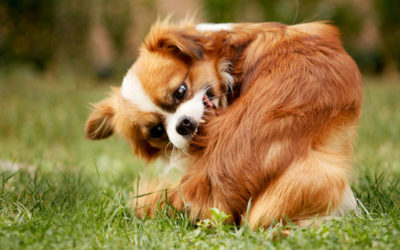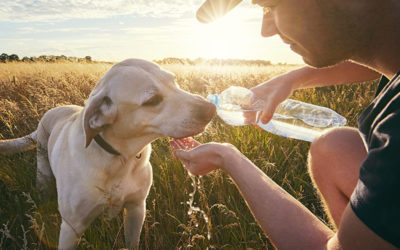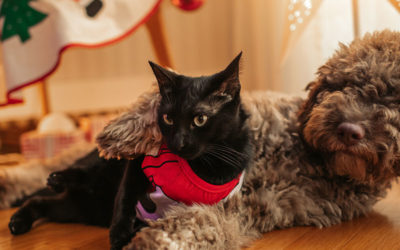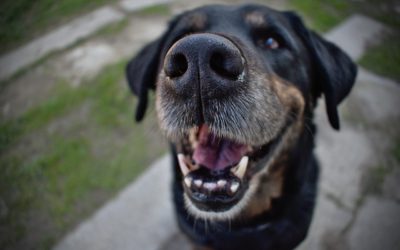Pet Care Blog
Getting the most out of your veterinary visits
Did you know that there are a few simple ways to ensure that you and your pet get the most value out of each veterinary visit? Follow these tips from our team and you’ll keep routine veterinary visits as smooth as a sphynx cat and as happy as a Labrador with a lick...
The ultimate consultation cheat sheet – effortless vet visits for your pet!
Imagine that you’re a dog. Your owner clips on your lead (exciting!), pops you into the car (woo hoo!), and you excitedly journey to… the vet. Now, imagine you’re a cat. You see “the box of doom” (also known as the pet carrier), and before you can escape, your owner...
Senior Pets
Aging is an unavoidable part of life, and when it comes to our pets, some will age without any major issues, and some will need a little extra TLC. It is important to know what age-related changes look like and how to manage them appropriately, so we can ensure our...
The Importance of Dental Care for Your Pet
Did you know that 80% of dogs and 70% of cats over three years of age have some form of dental disease? Dental disease can not only be painful and uncomfortable for pets, but the procedure to clean and remove teeth becomes more complicated and often more costly to...
Urinary Blockages in Cats
What is a urinary blockage? Urinary blockages in cats are often referred to as ‘blocked bladders’ and ‘urethral obstructions’. This is a common, potentially life-threatening condition, especially amongst neutered male adult cats and overweight cats. A urinary...
Easter Hazards
Easter can be an exciting time for both adults and children. While we prepare for Easter, it is essential to keep an eye on potential dangers for your furry friend. Chocolate Chocolate contains caffeine and theobromine (a chemical compound found in the cacao plant),...
Desexing
Desexing your pet is a vitally important part of being a responsible pet parent. It's a decision veterinarians encourage all pet parents to make as it will lead to a healthier, happier and potentially longer life. What is desexing? Desexing (sometimes referred to as...
Separation Anxiety
You've likely been spending lots of time at home during the pandemic, and no doubt your dog has enjoyed this quality time with you. If like many, you've welcomed a new furry family member into your home during this period, they'll be very used to having you around...
Hot-spots
Hot-spots are a common problem amongst dogs, and some breeds like golden retrievers, labradors, and rottweilers may be more susceptible to these than others. What is a hot spot? A hot-spot can otherwise be known as a ‘moist skin rash,’ acute moist dermatitis, or...
Hot Weather & Heatstroke
We all love spending quality time with our pets on a hot summer’s day. However, we need to stay vigilant in summer, as the warmer weather can expose our pets to several dangers. One of these dangers is heatstroke. Heatstroke, or hyperthermia, occurs when your pet’s...
Christmas & NYE Files
The silly season is an exciting time of year, with Christmas and New Year’s Eve celebrations giving us plenty of reasons to let loose and celebrate. With an increase of visitors, noises, tasty treats, shiny new toys, and interesting smells, this time of year can be...
Looking after your pet’s gums at home + dental offer
Scroll down for an exclusive July-only dental offer! When was the last time you took your cat or dog to the vet for a dental check-up? Unlike us, your pet can't speak up if they have an achy mouth, so it is up to you to ensure your pet is not suffering from dental...

